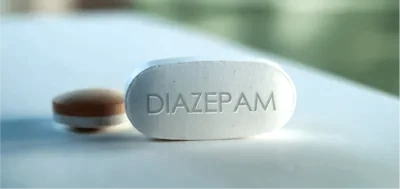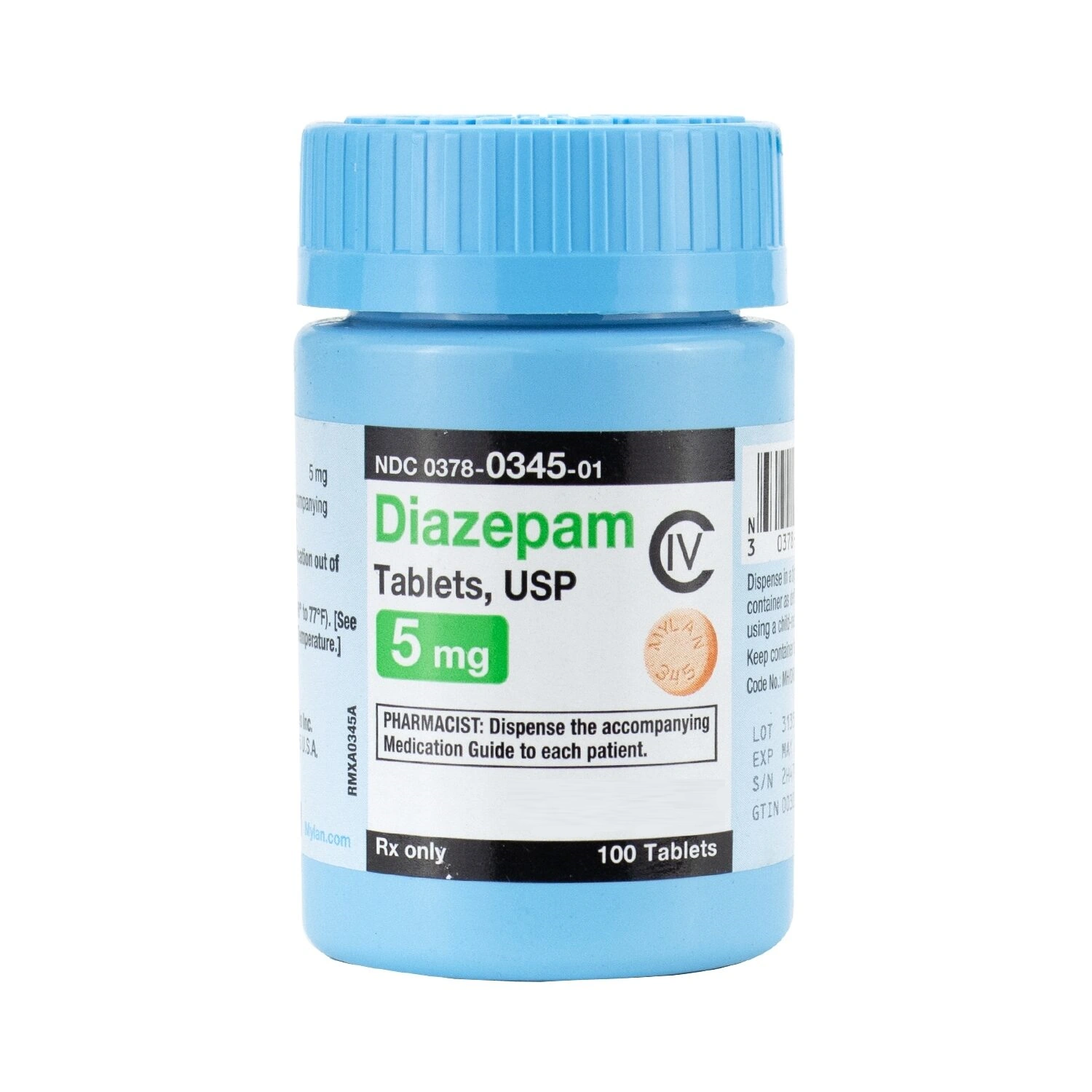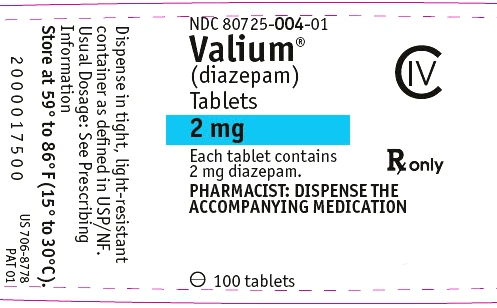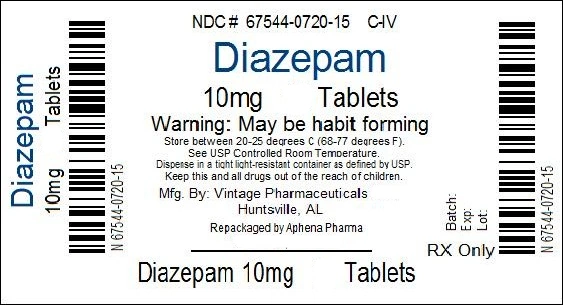






$229
MRP $329
(50% OFF, 90 pills Size : 2mg)
Buy Valium Online to treat your anxiety disorder. It is known generically as diazepam, is a prescription medication primarily used to treat anxiety disorders, muscle spasms, and seizures. It also provides sedation before medical procedures. Valium belongs to a class of medications called benzodiazepines, which work by calming the brain and nerves.
Valium can be habit-forming. Misuse can cause addiction, overdose, or death. Keep the medication in a secure place where others cannot get to it. Valium should not be shared with anyone, especially someone with a history of substance abuse.
The dosage of Valium is individualized based on the medical condition and response to treatment. Follow your doctor's instructions carefully.
Typical dosages include:
You should not use Valium
if you:
Tell your doctor if you have ever had:
Valium, while highly effective in treating anxiety, muscle spasms, and seizures, can cause side effects in some individuals. It’s important to be aware of the potential risks when using this medication.
Common side effects include drowsiness, tiredness, muscle weakness, and loss of coordination. These effects are usually mild but can impact your ability to perform daily activities safely.
Serious side effects are less common but can occur. Seek immediate medical help if you experience:
Long-term use of Valium can lead to dependence, tolerance, and withdrawal symptoms. Misuse of this medication can cause addiction, overdose, or even death. Always use Valium exactly as prescribed and follow up regularly with your doctor to monitor your progress and side effects.
Take Valium exactly as prescribed by your doctor. Follow all directions on your prescription label. Do not take this medicine in larger or smaller amounts or for longer than recommended.
Valium is usually taken 1 to 4 times daily, depending on your condition. Measure liquid medicine with the dosing syringe provided.
Do not suddenly stop using Valium after long-term use, or you could have serious withdrawal symptoms. Ask your doctor how to safely stop using this medicine.
Store Valium at room temperature away from moisture, heat, and light. Keep track of your medicine. Valium is a drug of abuse and you should be aware if anyone is using your medicine improperly or without a prescription.
Throw away any unused Valium after the expiration date. Keep out of reach of children and pets.
Valium can interact with many other medications, increasing the risk of serious side effects like severe drowsiness, slowed breathing, or even coma. Always inform your healthcare provider about all the drugs you are taking, including prescription, over-the-counter medications, vitamins, and herbal supplements.
Some notable interactions include:
Taking Valium with these substances may enhance their effects, leading to dangerous side effects. Your doctor may need to adjust your dose or monitor you closely for signs of toxicity.
Take the missed dose as soon as you remember. Skip the missed dose if it is almost time for your next scheduled dose. Do not take extra medicine to make up the missed dose.
If you overdose, seek emergency medical attention immediately. An overdose of Valium can be fatal, especially when taken with alcohol, opioids, or other drugs that cause drowsiness or slow breathing. Symptoms of overdose may include severe drowsiness, confusion, muscle weakness, fainting, or loss of consciousness.
Avoid drinking alcohol while taking Valium. Dangerous side effects or death can occur. This medication may impair your thinking or reactions. Avoid driving or operating heavy machinery until you know how Valium affects you. Drowsiness or dizziness can cause falls, accidents, or severe injuries.
Before starting Valium, it’s crucial to share your full medical history with your doctor to ensure the medication is safe for you. Tell your doctor if you have ever had:
Additionally, inform your doctor if you are pregnant, planning to become pregnant, or breastfeeding. Valium can harm an unborn baby and may pass into breast milk, affecting a nursing infant.
Providing this information helps your doctor determine the right dosage and identify if Valium is the best treatment option for you.
While taking Valium, it’s important to be vigilant and watch for any signs of adverse reactions or misuse. Key things to monitor include:
Avoid driving, operating heavy machinery, or engaging in activities that require full alertness until you know how Valium affects you. Also, avoid alcohol and be cautious with other medications that can cause drowsiness.
Regular follow-ups with your doctor are important to evaluate the medication’s effectiveness and adjust the treatment plan as needed.